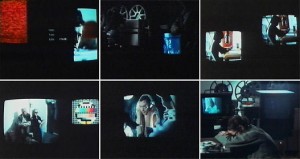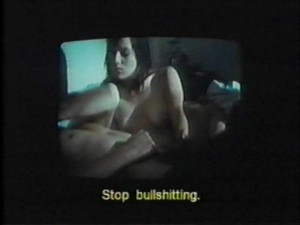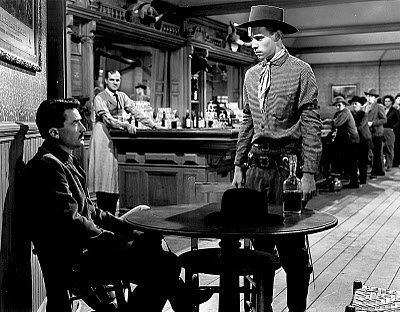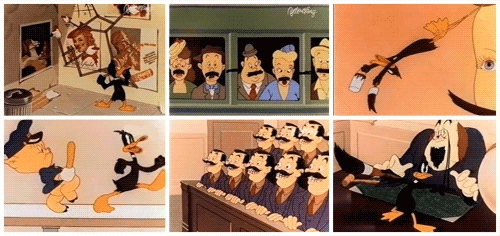From the Chicago Reader (July 6, 2001). — J.R.

A collaboration between the living Steven Spielberg and the late Stanley Kubrick seems entirely appropriate to a project that reflects profoundly on the differences between life and nonlife, not to mention the human and the nonhuman. It’s easy to say that Kubrick thought about questions that Spielberg only knows how to approach emotionally, but that surely oversimplifies the range of both filmmakers. A more accurate way of putting it would be to say that Kubrick started this picture and came up with the idea that Spielberg should direct it, and after inheriting a 90-page treatment Kubrick had prepared with Ian Watson and 600 drawings he’d done with Chris Baker, Spielberg finished it in so much his own manner that it may be his most personal film, as well as his most thoughtful. It nonetheless delivers more of a posthumous statement from Kubrick than I would have believed possible, a sequel to 2001: A Space Odyssey and even Eyes Wide Shut (with an equally offbeat view of New York) as well as Close Encounters of the Third Kind and E.T. the Extra-Terrestrial. A film that might make you cry, it’s just as likely to give you the creeps afterward, which is as it should be. Read more
From the Chicago Reader (December 1, 1987). — J.R.

Often juxtaposing or superimposing two or more video images within the same ‘Scope frame, Jean-Luc Godard’s remarkable (if seldom screened) 1975 feature — one of the most ambitious and innovative films in his career — literally deconstructs family, sexuality, work, and alienation before our very eyes. Our ears are given a workout as well; the punning commentary and dialogue, whose overlapping meanings can only be approximated in the subtitles, form part of one of his densest sound tracks. Significantly, the film never moves beyond the vantage point of one family’s apartment, and the only time the whole three-generation group (played by nonprofessionals) are brought together in one shot is when they’re watching an unseen television set. In many respects, this is a film about reverse angles and all that they imply; it forms one of Godard’s richest and most disturbing meditations on social reality. The only full ‘Scope images come in the prologue and epilogue, when Godard himself is seen at his video and audio controls. In French with subtitles. 88 min. (JR)
 Read more
Read more
From the Chicago Reader (June 30, 2006). — J.R.

This superb 1950 tragedy about a former gunfighter (Gregory Peck in a handlebar mustache) trying to shake off his violent past and its attendant celebrity doesn’t have the sort of reputation among auteurist critics that it deserves, largely because it was directed by the out-of-fashion Henry King. But it’s one of the earliest and best antiwesterns, made before the subgenre became self-conscious about critiquing the standard myths. Some that followed are merely contrary; this has the ring of truth. William Bowers and William Sellers collaborated on the script; with Helen Westcott, Millard Mitchell, Jean Parker, Karl Malden, and Skip Homeier. 85 min. Also on the program: Daffy Doodles (1946), a Daffy Duck and Porky Pig cartoon by Robert McKimson. Sat 7/1, 8 PM, LaSalle Bank Cinema.
 Read more
Read more





